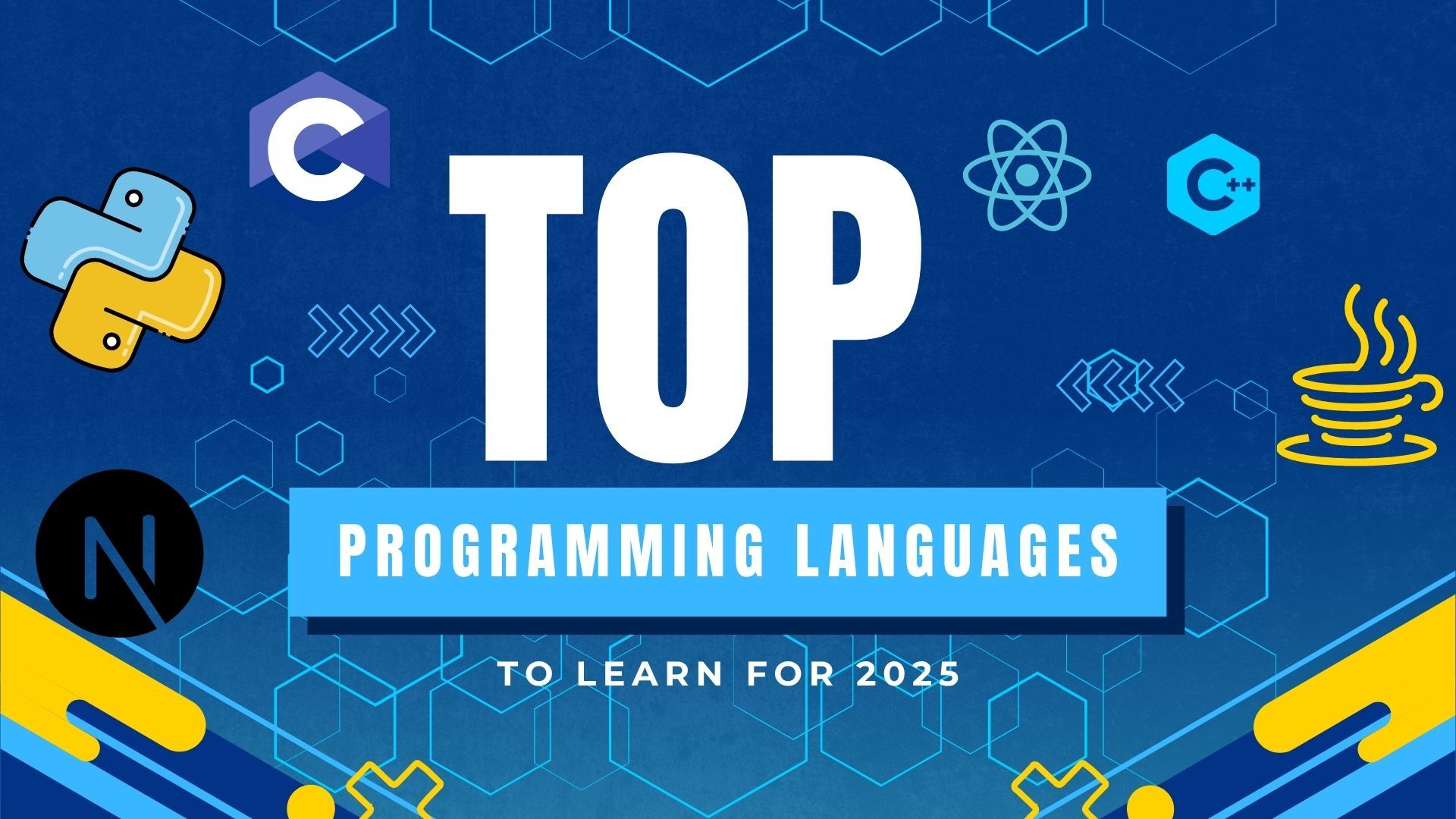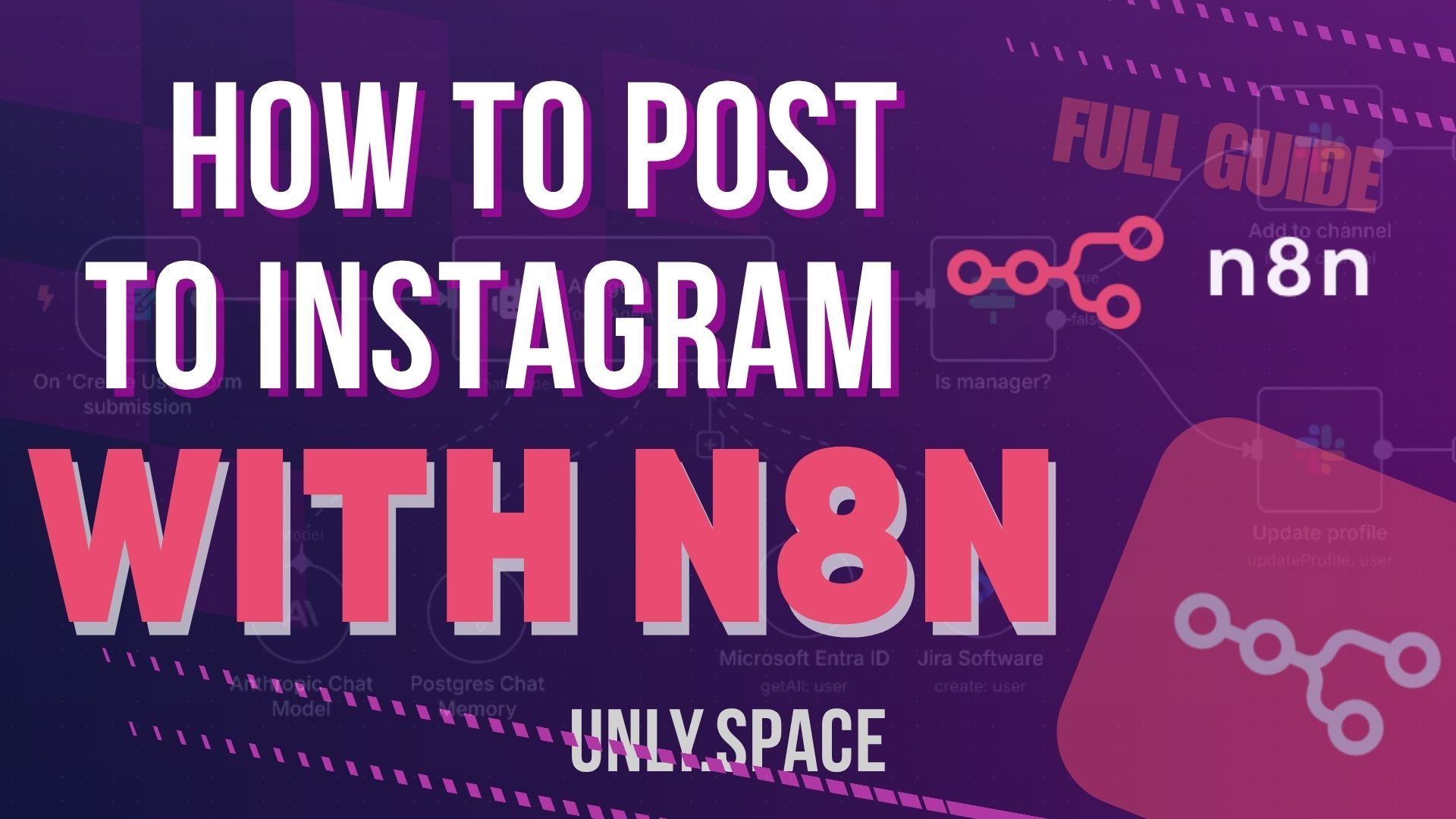Top Programming Languages to Learn for 2025
The technological landscape is in a constant state of flux, evolving at an unprecedented pace. What was cutting-edge yesterday might be legacy tomorrow. For aspiring developers, seasoned engineers,...
The technological landscape is in a constant state of flux, evolving at an unprecedented pace. What was cutting-edge yesterday might be legacy tomorrow. For aspiring developers, seasoned engineers, or anyone looking to pivot into tech, staying ahead of this curve means making informed decisions about which skills to acquire. As we approach 2025, the choices we make today about programming languages will significantly impact our career trajectories and ability to innovate.
This post will delve into the programming languages poised to dominate the tech scene in 2025, considering factors like industry demand, emerging trends, and long-term viability. Our goal is to equip you with the insights needed to make strategic learning choices that will future-proof your career.
The Evolving Tech Landscape: What's Driving Demand?
Before we identify the top languages, it's crucial to understand the forces shaping their relevance. Several key trends are dictating the demand for specific language features and ecosystems:
Artificial Intelligence & Machine Learning (AI/ML): From predictive analytics to natural language processing, AI continues its explosive growth, requiring languages capable of handling complex algorithms and vast datasets.
Cloud Computing: The shift to cloud-native architectures (AWS, Azure, GCP) necessitates languages and frameworks optimized for scalability, distributed systems, and microservices.
Data Science & Big Data: The sheer volume of data being generated demands robust tools for analysis, visualization, and management.
Web Development (Frontend & Backend): The web remains the primary interface for most applications, driving continuous innovation in both client-side and server-side technologies.
Cybersecurity & System Programming: With increasing cyber threats, there's a growing need for languages that offer low-level control, performance, and memory safety for critical infrastructure.
Edge Computing & IoT: The proliferation of connected devices at the "edge" requires efficient, low-resource languages.
These trends highlight a need for languages that are versatile, performant, scalable, and backed by strong communities and ecosystems.
Top Programming Languages to Master for 2025
Based on current trajectories and future demands, these languages stand out as prime candidates for learning in 2025:
1. Python: The Reigning King of AI and Data
Python's meteoric rise shows no signs of slowing down. Its simplicity, readability, and vast ecosystem of libraries make it incredibly versatile.
Why it's essential for 2025:
AI/ML & Data Science: Libraries like TensorFlow, PyTorch, scikit-learn, and Pandas make it the undisputed leader in these fields.
Web Development: Frameworks like Django and Flask remain popular for building robust web applications.
Automation & Scripting: Its ease of use makes it ideal for scripting, DevOps, and automating repetitive tasks.
Beginner-Friendly: Its gentle learning curve makes it an excellent first language.
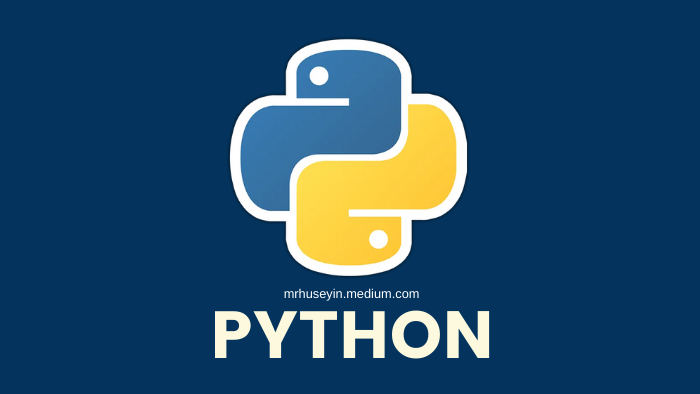
2. JavaScript / TypeScript: The Ubiquitous Language of the Web (and Beyond)
If it runs on the web, chances are it uses JavaScript. With the advent of Node.js, JavaScript transcended the browser to become a full-stack powerhouse. TypeScript, a superset of JavaScript, adds static typing, making large-scale JavaScript projects more manageable and robust.
Why it's essential for 2025:
Full-Stack Web Development: Dominates frontend (React, Angular, Vue.js) and is a strong contender for backend (Node.js).
Mobile Development: Frameworks like React Native and Ionic enable cross-platform mobile app development.
Desktop Applications: Electron allows building desktop apps with web technologies.
TypeScript for Scalability: Increasingly adopted in enterprise environments for improved code quality and maintainability.
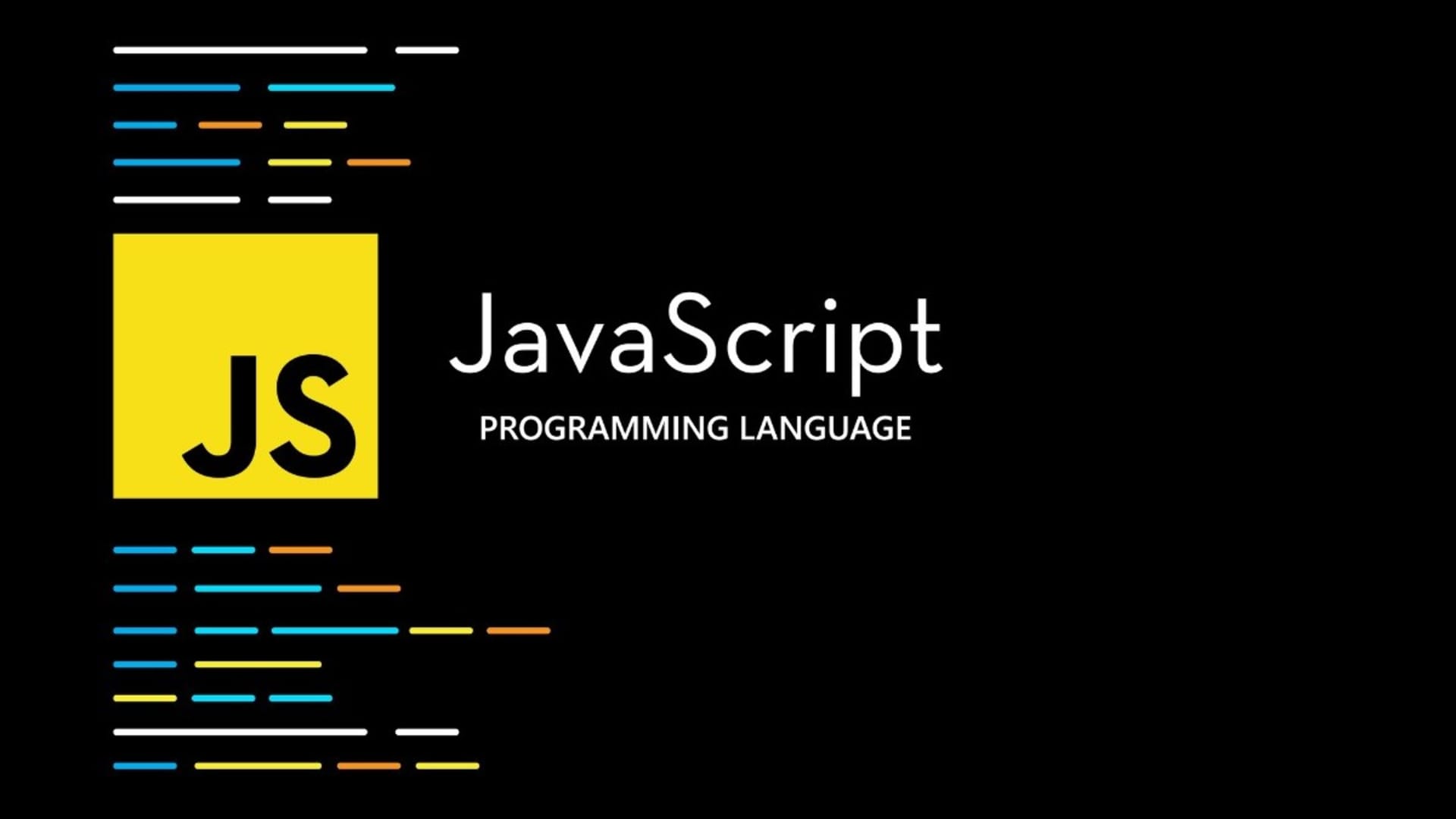
3. Go (Golang): The Language of Cloud-Native Infrastructure
Developed by Google, Go is designed for building fast, reliable, and efficient software. It excels in concurrency and performance, making it a favorite for cloud services and microservices.
Why it's essential for 2025:
Cloud Computing & Microservices: Powering critical components of Docker, Kubernetes, and many cloud infrastructure tools.
High-Performance Systems: Ideal for networking, APIs, and backend services where speed and efficiency are paramount.
Simplicity & Concurrency: Its straightforward syntax and built-in concurrency features make it easy to write scalable systems.

4. Rust: The Future of System Programming and Performance
Rust has rapidly gained traction for its unparalleled focus on memory safety, performance, and concurrency without a garbage collector. It's often cited as the most loved programming language by developers.
Why it's essential for 2025:
System Programming: A compelling alternative to C/C++ for operating systems, game engines, and embedded systems.
WebAssembly (Wasm): A top choice for compiling high-performance code that runs in web browsers.
Security & Reliability: Its strong type system and ownership model prevent common bugs, making it ideal for critical infrastructure.
Growing Adoption: Used by tech giants like Microsoft, Amazon, and Google for performance-critical components.

5. Java: The Enterprise Workhorse
Despite its age, Java remains an indomitable force, particularly in enterprise-level applications, Android development, and big data. Its "write once, run anywhere" philosophy and robust ecosystem ensure its continued relevance.
Why it's essential for 2025:
Enterprise Applications: Powers countless large-scale business applications due to its stability, scalability, and mature frameworks (Spring Boot).
Android Development: The primary language for native Android app development.
Big Data: Integral to technologies like Apache Hadoop, Apache Spark, and Apache Kafka.
JVM Ecosystem: The Java Virtual Machine (JVM) supports other languages like Kotlin and Scala, creating a rich development environment.
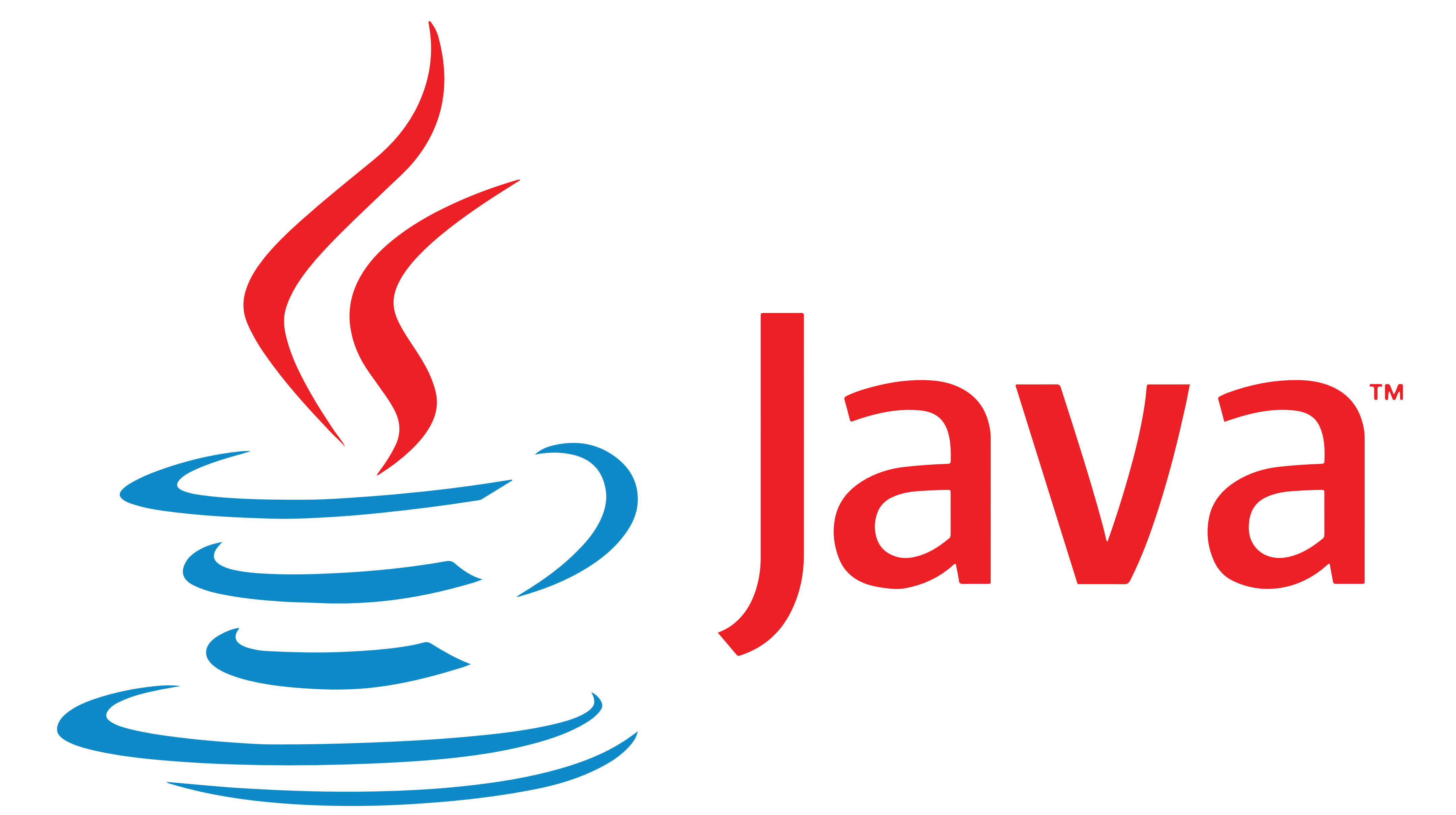
6. C#: Microsoft's Versatile Ecosystem
C# (C-sharp) is Microsoft's flagship language, deeply integrated with the .NET ecosystem. It's a powerful, object-oriented language that offers versatility across various platforms and application types.
Why it's essential for 2025:
Enterprise Applications: A strong choice for building robust, scalable enterprise solutions, especially within a Microsoft environment.
Game Development: The primary language for Unity, one of the most popular game engines globally.
Cloud Development: Excellent support for Azure cloud services, making it a go-to for cloud-native applications on Microsoft's platform.
Cross-Platform Development: .NET Core (now just .NET) enables C# applications to run on Windows, Linux, and macOS.
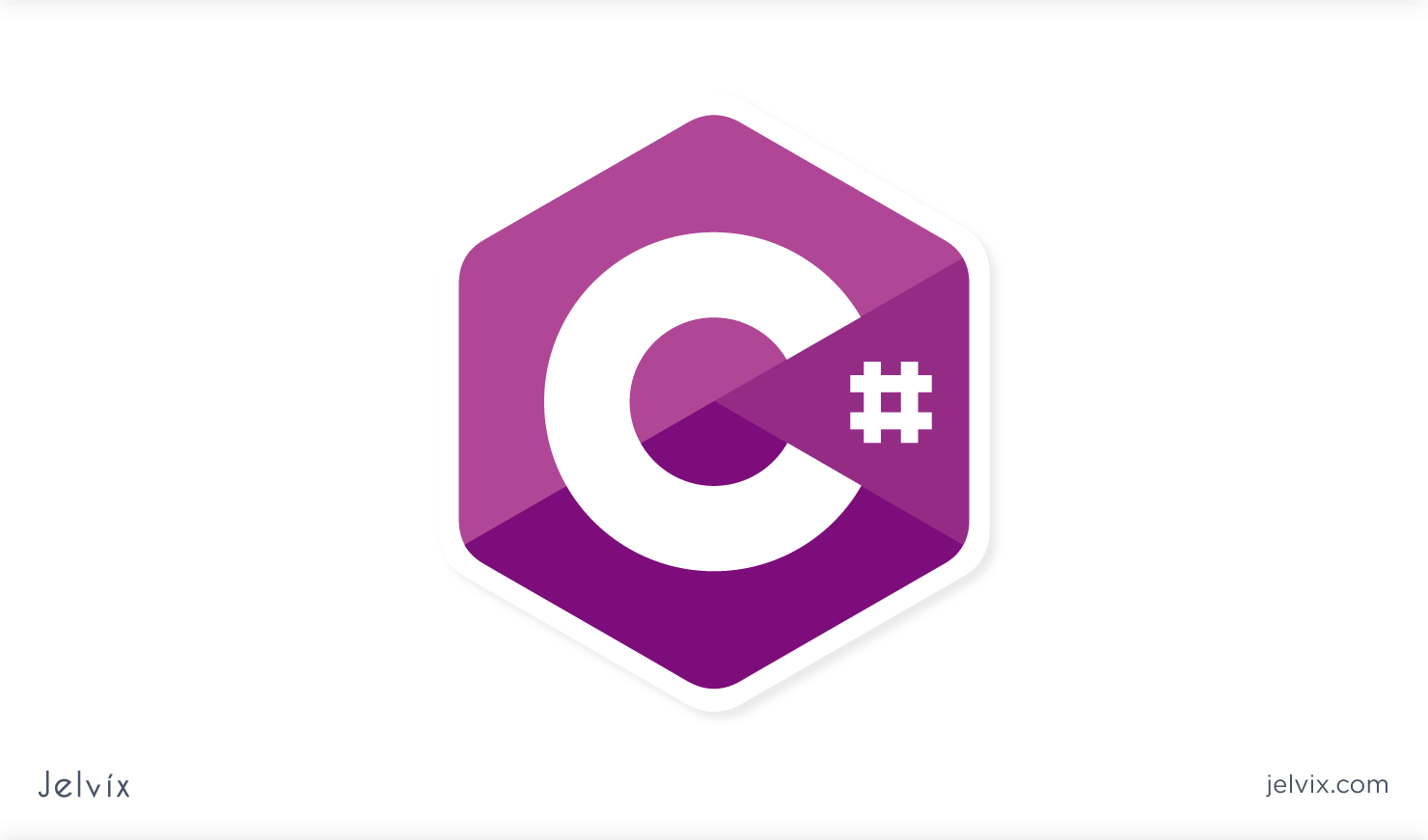
Factors to Consider When Choosing Your Language
While the above list highlights top contenders, the "best" language for you depends on several personal and professional factors:
Your Career Goals: Do you aspire to be a data scientist, a web developer, a systems engineer, or a mobile app developer? Each path has preferred languages.
Industry Demand in Your Region: Local job markets might favor certain languages more than others.
Personal Interest & Enjoyment: Learning is more effective when you're genuinely interested in the language and its applications.
Community and Ecosystem: A strong community and rich set of libraries/frameworks can significantly accelerate your learning and development.
Learning Curve: Some languages are easier for beginners to pick up than others.
Conclusion
The programming landscape of 2025 will be dynamic, driven by innovation in AI, cloud computing, and performance-critical systems. While no single language can cover every use case, focusing on languages like Python, JavaScript/TypeScript, Go, Rust, Java, and C# will provide a robust foundation for navigating the future of tech.
Remember, the most valuable skill in a rapidly evolving industry is the ability to learn and adapt. While choosing a primary language is important, understanding fundamental computer science concepts and being open to acquiring new languages as needed will truly future-proof your career. Invest in continuous learning, and you'll be well-prepared for whatever technological advancements 2025 and beyond may bring.
